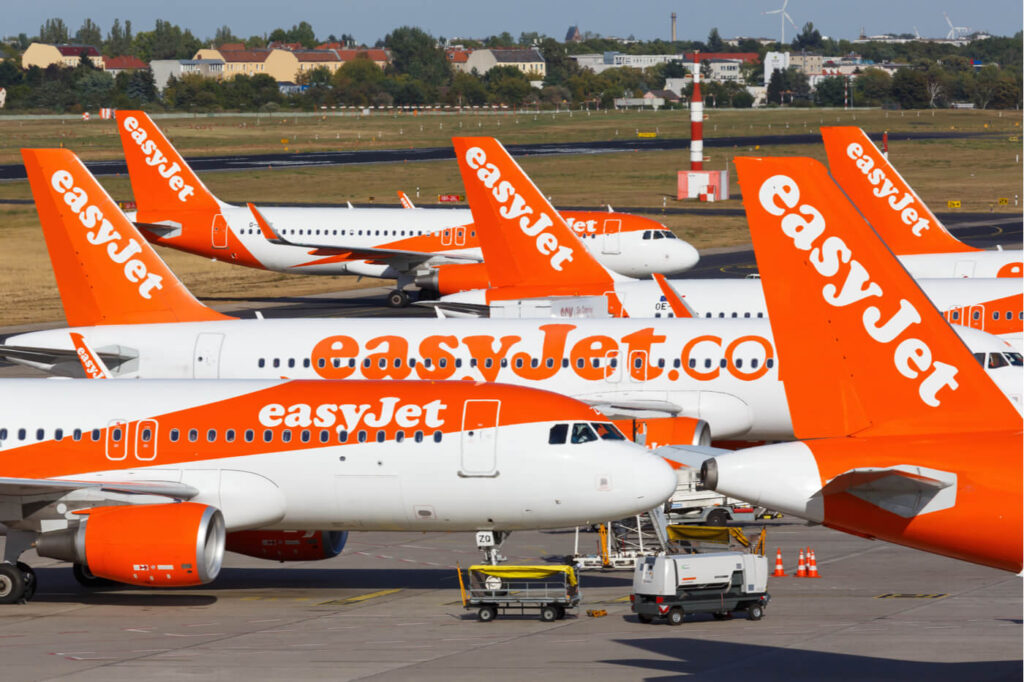easyJet announced its intention to become “world’s first major airline to operate net-zero carbon flights” from now on by offsetting all its emissions. While two other airlines have recently announced similar goals, easyJet is the first to claim it will reach complete carbon-neutrality.
Appeasing the flygskam
The British carrier plans to become the first major airline in the world to operate net-zero carbon flights by offsetting the carbon emissions from the fuel used on all its flights. In its 2019 financial results, easyJet announced it would invest around £25 million ($32 million) in initiatives such as tree planting.
“We acknowledge that offsetting is only an interim measure until other technologies become available to radically reduce the carbon emissions of flying, but we want to take action on carbon now,” Lundgren said.
In addition to carbon offsetting, easyJet announced a partnership with Airbus to “research the opportunities and challenges of introducing hybrid and electric aircraft for short-haul flying in Europe.” The European manufacturer is currently developing the E-Fan X, a 90-seat hybrid-electric Airbus aircraft. The first test flight is scheduled to take place in 2021. As for easyJet, it has been cooperating since 2017 with Wright Electric, a Californian startup company that aims at creating an all-electric commercial aircraft for short-haul flights.
Several carriers have already vowed to become carbon-neutral in the future. On November 11, 2019, Qantas announced its plan to invest $50 million in sustainable aviation, with a goal to reach zero emission by 2050. In addition, Qantas, Jetstar Australia, Jetstar New Zealand, QantasLink and Qantas Freight will offset all their growth in emissions from domestic and international operations from 2020.
A month before, IAG had already taken a similar commitment, presenting a number of initiatives to achieve zero carbon emission by 2050, including a pledge of $400 million investment in sustainable aviation fuel in the next 20 years. Until then, its subsidiary British Airways promised to offset carbon emissions for all its UK domestic flights from 2020.
In May 2019, SAS Scandinavian Airlines signed a research agreement with Airbus to cooperate on identifying hybrid and electric aircraft and infrastructure requirements. The two companies should focus on analyzing the impact of ground infrastructure and pricing on the radius of action, resources, time and availability at airports. It should also involve a renewable energy supplier to ensure “genuine zero CO2 emissions operations are assessed”.

